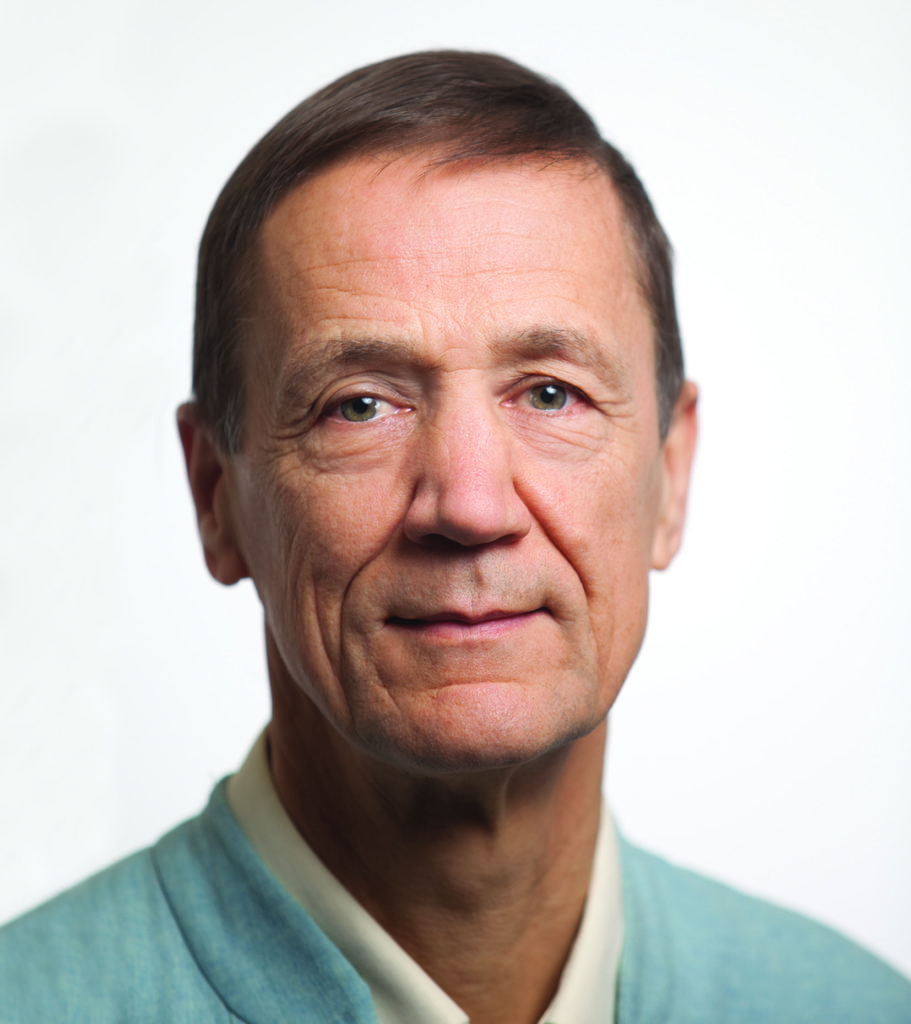
Slow down and go faster
It is a great pleasure to share this guest post from Ian Gawler. We have attended many retreats together over the years and it is wonderful to have a blog from him on my site.
How busy are you? Most people I speak with feel that their lives are becoming busier and busier. So, imagine this – maybe with a little help, it is possible to slow down, relax, and actually achieve more!
How might this be possible? Speaking personally, I came home from a great meeting last week. A lot had been achieved, good ideas developed, new possibilities explored; all in a great atmosphere. Keen to tell my wife Ruth about it, first we went to do what we do each evening, and that is to meditate together.
Paying attention to our body
As I settled into my posture, I noticed this buzz in my body. A fine trembling, tingling sort of a buzz. It occurred to me that this excited energy, left over from the meeting was a good thing, but how it might lead some people on into drinking too much or some other excess.
Also, it seemed to be in stark contrast with what it would be like to come home from a tough day – feeling depleted, despondent, even exhausted. Such a state, left unnoticed or unmanaged, could lead to other unhelpful activities, not the least of which may be engaging with the family or our partner in a poor state of mind.
The promise of meditation
Meditation offers this wonderful promise of being able to let go of our busyness and regain our balance. Whether we are excited or depleted, up or down, balance is better. With our body and mind in balance, we think more clearly, we react more appropriately, we are in a better state to relate well with others. We are likely to be fresh, vital and at ease.
In such a state, there will be no compulsion to talk, but an ease with doing so. We will have no compulsion to be spoken to, but an ease with listening. We will be free to relax in a healthy way or energised to take up something new when the time is right.
Four keys to meditation
In my experience, there are 4 keys to meditating in a way that reliably brings these benefits. Preparation, Relaxation, Mindfulness and Stillness. These are the essence of what I call Mindfulness-Based Stillness Meditation.
Put very simply, having prepared well, we relax. Relaxing deeply, we become more mindful. As our mindfulness develops, an inner stillness is revealed; naturally and without effort. We rest in open, undistracted awareness. This is Mindfulness-Based Stillness Meditation.
Meditating together
Oh yes, and at the great meeting last week, we began by sitting together and meditating. Two of those who gathered had never done such a thing before. They were guided very simply to aim to let go of whatever they had been doing earlier and to bring their attention to what was going on right now.
To assist this, there was the suggestion to be mindful of the sounds around about us, then the breath and that natural feeling of relaxing with the out breath. Then we simply rested quietly for a few minutes. Finally, we reminded ourselves of our motivation, to help as many people as possible through what we were addressing at the meeting.
How this can help
Having done this, the atmosphere in the room was transformed. Peaceful, calm, clear. After this short exercise, one of the group could not help speaking out. He said that on arrival, he had been really preoccupied with the busyness of what had been happening before this meeting and he felt his mind was all over the place. In fact, he had actually been concerned that he was in a poor state of mind to give the presentation he was required to do, but that, after that short quiet time; he now felt clear and ready.
Just having a conversation like that seemed to me that we began our meeting on a very real and open level. It rapidly developed into a meeting everyone went away from feeling where we had achieved a lot, deepened friendships and left felt energized. Not a bad return for around 3 minutes of quiet time…
So maybe it is possible. Slow down and accomplish more.

Dr Ian Gawler has played a role in pioneering and popularizing meditation and other mind-body techniques in the Western world. Since 1981 Ian has led many meditation groups, and with his wife Ruth, a GP, presented many workshops and meditation retreats.
A long-term cancer survivor, Dr Gawler co-founded the world’s first lifestyle-based cancer and multiple sclerosis self-help groups and convened Australia’s first Mind-Body Medicine conference, Mind, Immunity and Health.
Ian is a regular blogger and has authored six bestselling books including his latest Blue Sky Mind. He has also co-created a meditation app for people affected by chronic degenerative disease.
Dr Gawler was awarded the Order of Australia Medal for his services to the community in 1987.
